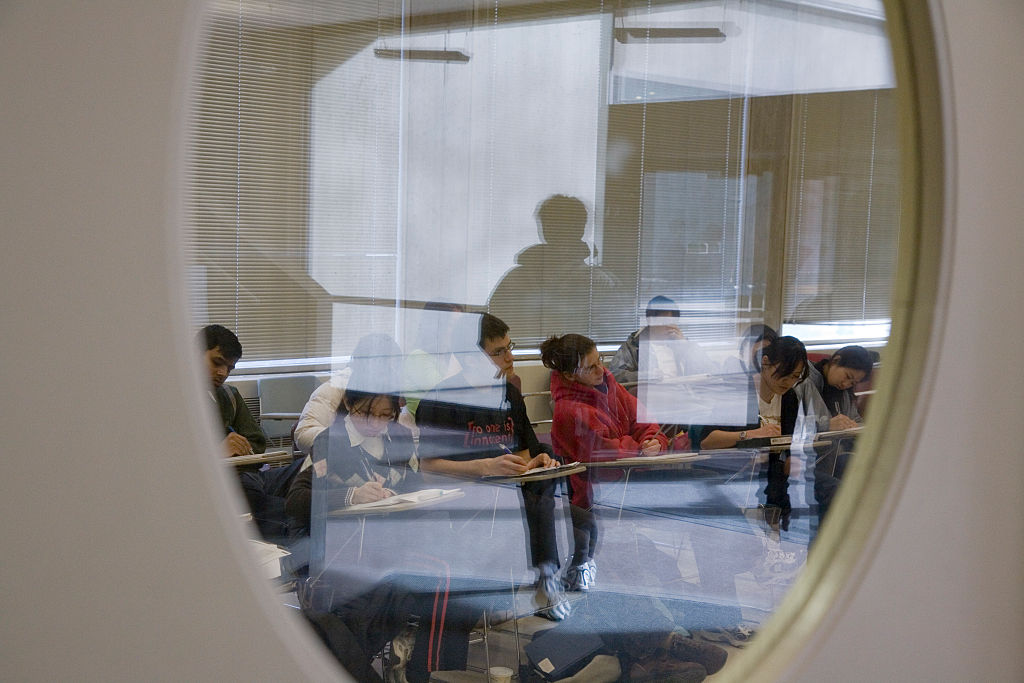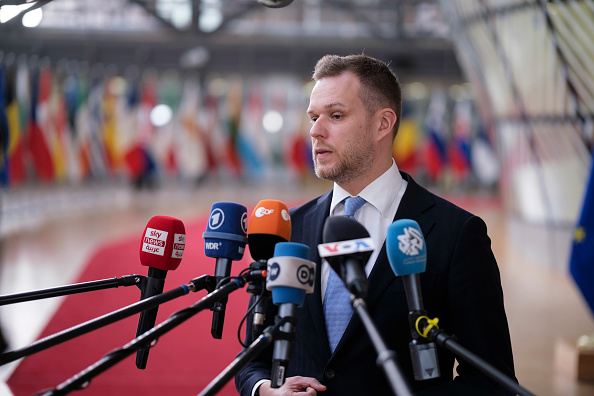The Lithuanian Government has announced that starting from September 1 Ukrainians in Lithuania will need a residence permit to work there.
“The new rules apply only to those Ukrainians who came to Lithuania for the purpose of work, not because they were fleeing war,” the Lithuanian migration department told Brussels Signal.
Prior to the policy shift, large numbers of Ukrainians had permission to work in the country even if they did not have temporary protection.
Under the old system, Ukrainians could work so long as they held a visa that let them stay without needing protection, a Schengen visa (which allows travel in certain European countries), or a national visa given in special situations.
Those who had applied for a residence permit because they had a highly skilled job or had applied for a residence permit for humanitarian reasons were also allowed work.
Almost all of these exceptions are now set to end, with only the cut-out for highly qualified employees to remain following September 1. Lithuanian authorities have been keen to stress that the changes do not apply to Ukrainian refugees or those with temporary protection. Temporary protection applies to those who left Ukraine on or after 24 February 2022 as a result of Russian military aggression.
“When it comes to Ukrainian war refugees who enjoy EU temporary protection, nothing has changed, when it comes to their legal status in Lithuania and their right to work,” the Lithuanian migration department said.
From September 1, foreign nationals in Lithuania without temporary protection, including those unable to return to Ukraine due to the war, must wait for a positive decision on their residence permit application before they can work.
These new rules are being implemented to regulate labour migration flows into the country and limit the influx of cheap labour.
According to the migration department, in 2023 the number of foreigners living in Lithuania increased by 17 per cent to 221,000 individuals. Most foreigners came from Belarus and Ukraine. The majority of these were not highly qualified workers.
The new resident permit will allow Ukrainians to live in Lithuania permanently, leave and return multiple times, as well as travel through all Schengen zone member countries visa-free.
The move came after Lithuanian authorities recently decided to end free tuition for Ukrainian refugees at State-funded universities.
The Lithuanian Government will no longer provide free tuition for Ukrainian refugees – although some universities have vowed to fund Ukrainian students’ higher education themselves. https://t.co/8ErAkPQpDw
— Brussels Signal (@brusselssignal) July 16, 2024





